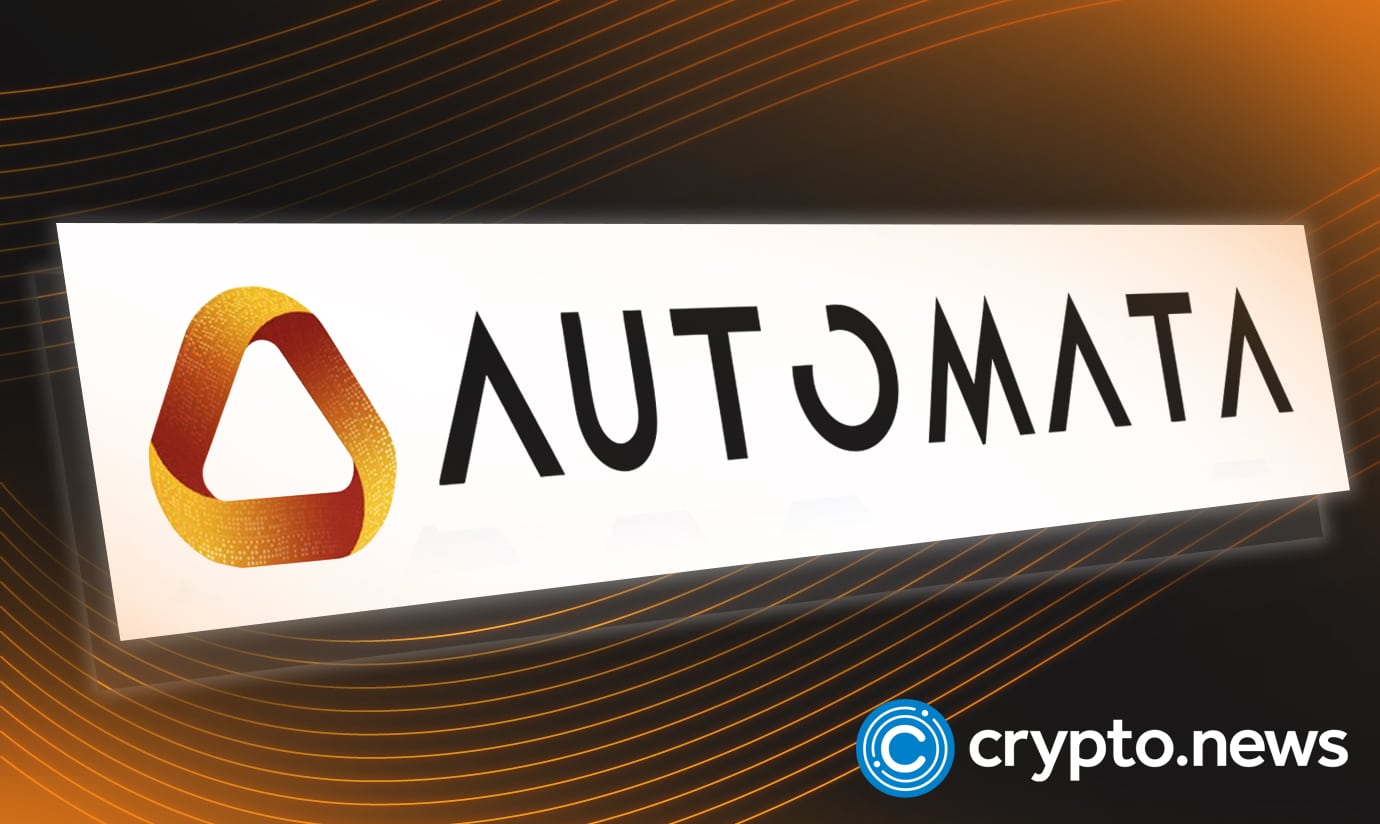A Deep Dive Into the Maximal Extractable Value (MEV) Problem on Blockchains

Maximal Extractable Value (or MEV) is a real and serious problem in the crypto space, despite the problem flying under the radar for most crypto communities and users. MEV impacts users’ costs of transactions by causing them to pay more in gas costs and affects the sequence of transactions when posted on the blockchain network. To this end, Automata, a privacy-based middleware service for DApps, launched an MEV tax tool, MEV.Tax, to help users calculate how much they are losing in ‘hidden taxes’ due to MEV extraction. The aim is to give users on the blockchain a fair and transparent platform while making a transaction.
Before looking at the solutions Automata is offering, let’s understand what is Maximal Etractrable Value (MEV), the perks of having MEV, the bad effects of extracting MEV, and finally the MEV.Tax tool and how to use it.
The MEV problem on blockchains and NFT markets
The maximal (formerly, miner) extractable value (MEV) is defined as the maximum value that can be extracted from block production, over and above the standard block rewards and gas fees. This involves the miners in charge of the block production and searchers who look for MEV extraction opportunities. The miners have the power to include, exclude, and change the sequence of transactions before verifying a block.
While the act has mainly been identified on proof-of-work (PoW) chains such as Bitcoin and Ethereum, MEV is slowly creeping into the NFT space and proof-of-stake (PoS) chains as well. According to an Ethereum.org blog post, MEV accrues to miners as they are the main party in the verification of a blockchain transaction. Nonetheless, MEV arises from independent parties on the blockchain, or “searchers”, who “run complex algorithms on blockchain data to detect profitable MEV opportunities and have bots to automatically submit those profitable transactions to the network”.
While searchers find these opportunities, miners get a portion of the full MEV amount as searchers are willing to pay high gas fees in exchange for a higher likelihood of inclusion of their profitable transactions in a block. The higher gas fees paid are similar to a miner’s bribe to verify blockchain transactions faster.
“Assuming searchers are economically rational, the gas fee that a searcher is willing to pay will be an amount up to 100% of the searcher’s MEV (because if the gas fee was higher, the searcher would lose money)”, the blog post further reads.
With MEV, searchers and miners are able to find profitable opportunities on a blockchain and act on it way before other actors do. Some of the highly-rated MEV opportunities include arbitrage on decentralized exchanges (DEXs) and lending and borrowing protocol liquidations. Sometimes searchers are forced to pay up all (or more than 90% ) of the total MEV revenue to the miners in gas fees as they compete for the same arbitrage opportunities with many other searchers.
In the NFT space…
In 2021, an unidentified searcher spent close to $7 million to buy every single CryptoPunk at the price floor. The searcher collaborated with a miner to extract MEV from the single NFT pieces and keep the purchases secret, a Twitter user explained. The searcher was then able to offload the NFT pieces at a huge profit, once the metaverse narrative hit fever pitch.
Well it is not really profitable for all participants, MEV in the NFT space is an emergent issue. This is simply cpaused by the fact that NFTs use the same mempools on Ethereum, as other transactions do. Searchers can use similar techniques as those used in traditional MEV opportunities in the NFT market too. To illustrate, if there’s an NFT drop and a searcher wants a certain NFT or set of NFTs, they can program a transaction such that they are the first in line to buy the NFT, or they can buy the entire set of NFTs in a single transaction.
The good, bad, and the ugly side of MEV
The bad
One of the major issues with MEV is sandwich trading, a common method of MEV extraction. This refers to a trader inserting their trade on a DEX transaction in an effort to get a discounted buy on a certain pair. For example, if a searcher sees a big-value trade, let’s say someone wants to buy 100 wBTC with fUSDT on Spookyswap, a DEX, they know that such a trade will impact the price of wBTC on the platform (potentially raising the price of the wBTC/fUSDT pair). To this respect, the searcher calculates the price impact of this large trade on the wBTC/fUSDT pair and execute an optimal buy order immediately before the large trade, buying wBTC cheaply, then execute a sell order immediately after the large trade, selling it for the higher price caused by the large order.
While sandwich trading is perfectly legal it borders near unfair trading habits. It could result in a worse DEX trading experience for other traders, whereby users who are sandwiched face increased slippage and worse execution on their trades.
The good
MEV also has its perks. First, many DeFi projects rely on the economic sanity of MEV opportunities to enhance the utility and stability of their platforms. Apart from sandwiching trades, taking up arbitrage opportunities on DEX trades ensures users get the best, most correct prices for their assets.
Notwithstanding, MEV extraction allows lending protocols enhance speedy liquidations when borrowers fall below collateralization ratios to ensure lenders get paid back. These are some economical inefficiencies that could affect the DeFi ecosystem, or cripple it altogether.
The solution
As mentioned above, one of the leading projects in providing solutions to the issues involving MEV extraction is Automata, an Avalanche-based solution. The platform provides an MEV tax tool, similar to wtf.fees, helping users uncover the amount of front-running on a blockchain and how much thay are losing from MEV extraction.
Apart from data analytics, the platform also actively prevents any form of fron-running on NFT drops. Following a partnership with Conveyor, a middleware solution that minimizes MEV, Automata will offer users a completely decentralized, fair and trans[parent platform to launch NFT collections. The platform incorporates privacy modules on individual transactions preventing any miner fro reordering the sequence or messing up the transaction. Projects will be able to complete ‘NFT fairdrops’, those that give every participant a fair chance to scoop up an NFT during a drop.
The project has already welcomed two projects to its NFT fairdrop launch namely Readl, the first NFT-based books and literature platform, and Monster Galaxy, a popular play-2-earn (P2E) game franchise. The solution makes it impossible for malicious actors to inject new transactions in the block, it minimizes miner bribes, and implements true randomness for a fair NFT auction.
Final words
As more investors enter the crypto and blockchain space, the need for fair transaction sequences will be crucial as more MEV extraction opportunities open up. Platforms, especially on PoW networks, need to be fully decentralized and reduce the power that miners have over the ordering of transactions. The same also applies to minimizing MEV extraction opportunities in the NFT field, which is attracting massive following to the blockchain sector.












